Nation steps up efforts to combat illegal production, trafficking and abuse
China will add 46 new psychoactive substances to its controlled substances list from the start of next month as it intensifies efforts to combat drug manufacturing, trafficking and abuse, the China National Narcotics Control Commission announced ahead of the International Day Against Drug Abuse and Illicit Trafficking on Wednesday.
The country maintains one of the world's most extensive lists of scheduled drugs and chemicals, with strict controls in place. The NNCC said after July 1, a total of 510 narcotic and psychotropic substances, including 234 new psychoactive substances, a full range of fentanyl-related substances, synthetic cannabis compounds and 38 precursor chemicals, will be regulated.
The commission highlighted the ongoing challenges posed by synthetic drugs like methamphetamine and new psychoactive substances, noting the emergence of new varieties and trafficking methods. China is addressing significant issues, such as the influx of foreign drugs and cross-border trafficking, through special operations to gather intelligence, dismantle trafficking networks and combat activities related to synthetic drugs.
Enhanced chemical control measures have been implemented to curb drug manufacturing problems from the root. The measures include stricter monitoring and regulation across production, distribution, storage, transportation, import and export processes for precursor chemicals, as well as product labeling and tracing mechanisms to prevent illegal diversions.
In the past year, approximately 938 metric tons of scheduled precursor chemicals were confiscated across China, marking a 42.2 percent increase from the previous year.
This year, China has intensified efforts to control the sources of precursor chemicals for drug manufacturing, adding 24 substances to its list of controlled chemicals. In response to the proliferation of new narcotics, especially new psychoactive substances, it has adopted a comprehensive strategy involving monitoring, legal scheduling, administrative oversight, law enforcement and public education.
China has added 14 narcotic and psychotropic substances to its controlled substances schedule since last year and conducted special operations targeting illegal activities involving fentanyl, Etomidate and nitrous oxide, also known as laughing gas.
To combat misuse, the NNCC has collaborated with other departments to enhance the regulation of those substances and their alternatives, and incorporated prevention into youth drug education programs.
Special operations targeting fentanyl-related substances have led to the closure of 14 online platforms, 332 corporate accounts and 1,016 online stores, and the removal of over 146,000 pieces of related information. That has significantly reduced fentanyl precursor chemical advertisements. Information on overseas fentanyl precursor advertisements has been shared with authorities in the United States to facilitate their removal.
China remains committed to equitable and mutually beneficial narcotics-control cooperation with other countries, improving its drug control system, and actively engaging in international collaboration. A China-US anti-drug cooperation working group was formed in January, and since November last year, senior officials and working teams from both countries have engaged in frequent interactions, achieving positive outcomes in substance control, case management, anti-money laundering, technical exchanges, the removal of online drug-related advertising, and multilateral engagements.
Joint investigations of key cases are underway between China and the US, with breakthroughs in some instances. Technical experts have resumed regular exchanges, with two sessions producing positive results. The NNCC said both sides will continue to consolidate and advance practical cooperation in drug control.










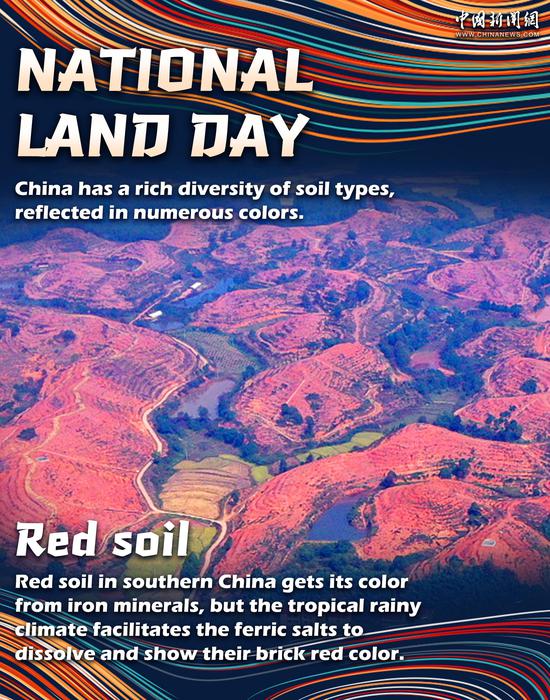

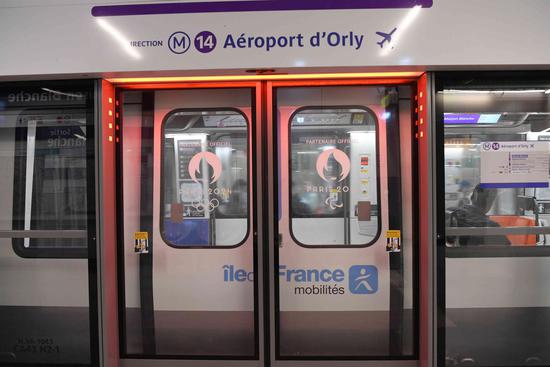




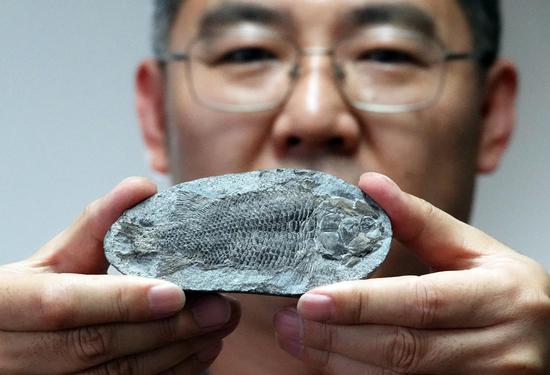
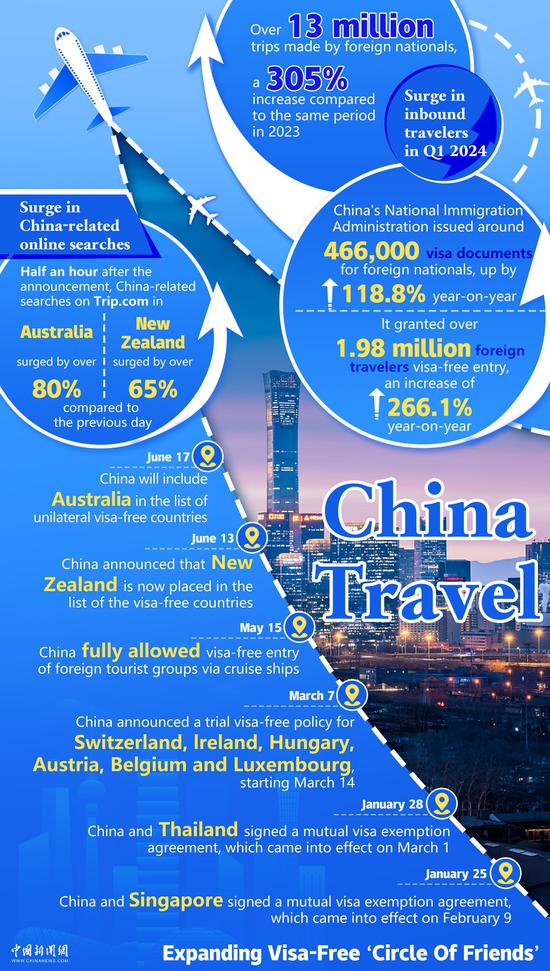







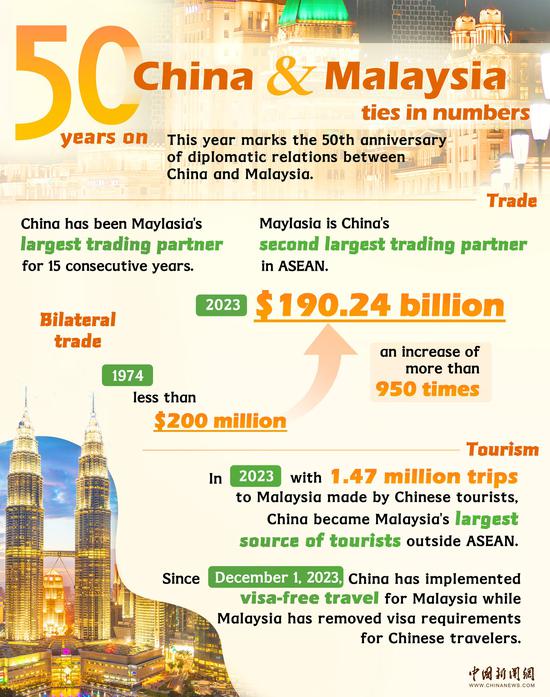





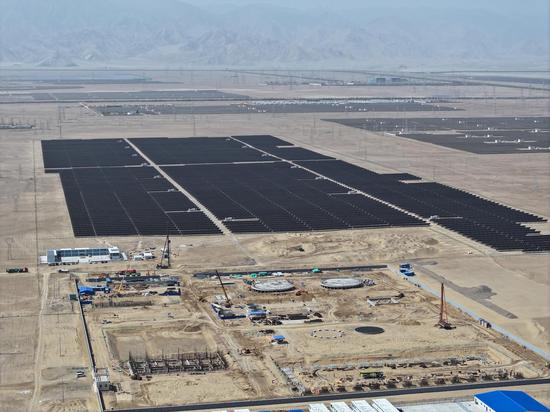









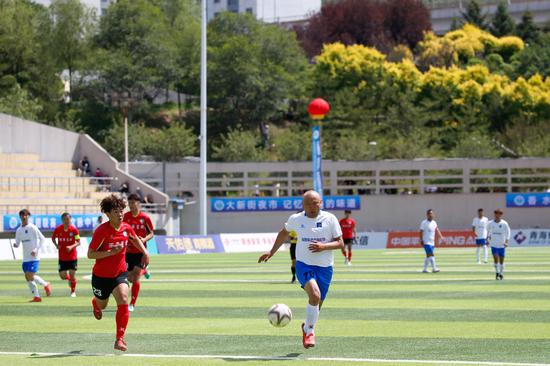







 京公网安备 11010202009201号
京公网安备 11010202009201号